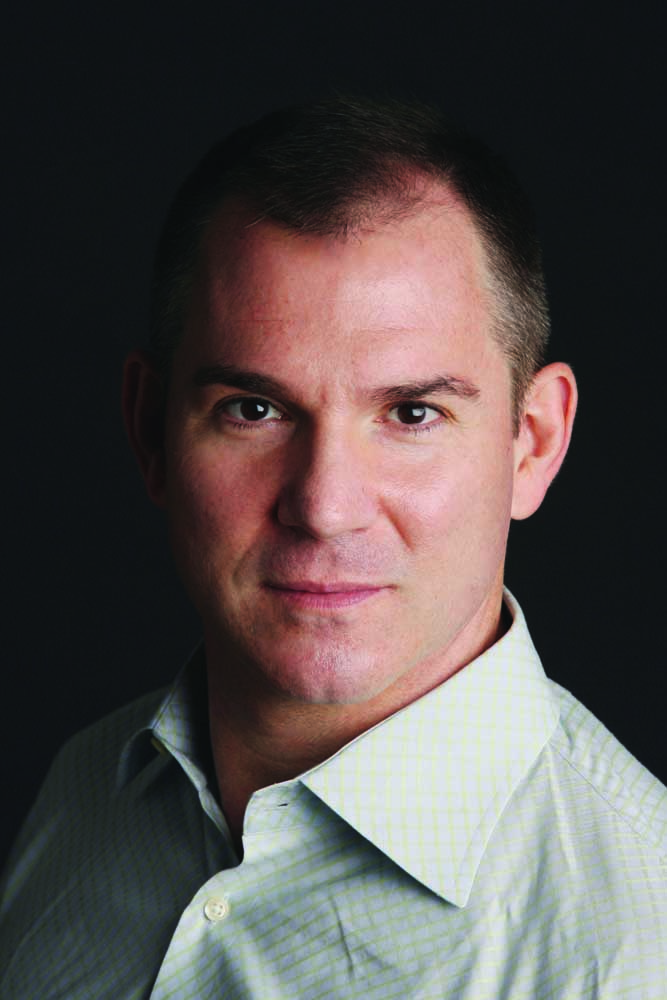Column: How Facebook warps our worlds
Published 12:00 am Tuesday, May 24, 2016

- Frank Bruni(CREDIT: Earl Wilson/The New York Times)
Those who’ve been raising alarms about Facebook are right: Almost every minute we spend on our smartphones and tablets and laptops, thumbing through favorite websites and scrolling through personalized feeds, we’re pointed toward foregone conclusions. We’re pressured to conform.
But unseen puppet masters on Mark Zuckerberg’s payroll aren’t to blame. We’re the real culprits. When it comes to elevating one perspective above all others and herding people into culturally and ideologically inflexible tribes, nothing that Facebook does to us comes close to what we do to ourselves.
I’m talking about how we use social media in particular and the Internet in general — and how we let them use us. They’re not so much agents as accomplices, new tools for ancient impulses, part of “a long sequence of technological innovations that enable us to do what we want,” noted social psychologist Jonathan Haidt, who wrote the 2012 best-seller “The Righteous Mind,” when we spoke last week.
“And one of the things we want is to spend more time with people who think like us and less with people who are different,” Haidt added. “The Facebook effect isn’t trivial. But it’s metabolizing or amplifying a tendency that was already there.”
By “the Facebook effect” he didn’t mean the possibility, discussed extensively over recent weeks, that Facebook manipulates its menu of “trending” news to emphasize liberal views and sources. That menu is just one facet of Facebook.
More prevalent for many users are the posts we see from friends and from other people and groups we follow on the network, and this information is utterly contingent on choices we ourselves make. If we seek out, “like” and comment on angry missives from Bernie Sanders supporters, we’ll be confronted with more angry missives from more Sanders supporters. If we banish such outbursts, those dispatches disappear.
That’s the crucial dynamic, algorithm or whatever you want to call it. That’s the trap and curse of our lives online.
The Internet isn’t rigged to give us right or left, conservative or liberal — at least not until we rig it that way. It’s designed to give us more of the same, whatever that same is: one sustained note from the vast and varied music it holds, one redundant fragrance from a garden of infinite possibility.
So it goes with the fiction we read, the movies we watch, the music we listen to and, scarily, the ideas we subscribe to. They’re not challenged. They’re validated and reinforced. By bookmarking given blogs and personalizing social-media feeds, we customize the news we consume and the political beliefs we’re exposed to as never before. And this colors our days, or rather bleeds them of color, reducing them to a single hue.
Then we marvel at the Twitter mobs that swarm in defense of Sanders or the surreal success of Donald Trump’s candidacy, whose historical tagline may well be “All I know is what’s on the Internet.”
Those were his exact words, a blithe excuse for his mistaken assertion that a protester at one of his rallies had ties to Islamic extremists. He’d seen a video somewhere. He’d chosen to take it at face value. His intelligence wasn’t and isn’t vetted but viral — and conveniently suited to his argument and needs. With a creative or credulous enough Google search, a self-serving “truth” can always be found, along with a passel of supposed experts to vouch for it and a clique of fellow disciples.
Carnival barkers, conspiracy theories, willful bias and nasty partisanship aren’t anything new, and they haven’t reached unprecedented heights today. It’s not about some sorcerer’s algorithm. It’s about a tribalism that has existed for as long as humankind has and is now rooted in the fertile soil of the Internet, which is coaxing it toward a full and insidious flower.
— Frank Bruni is a columnist for The New York Times.






